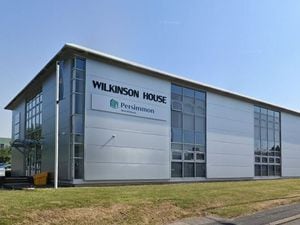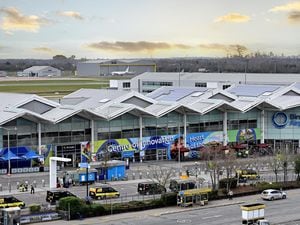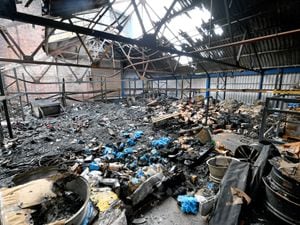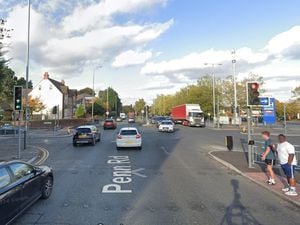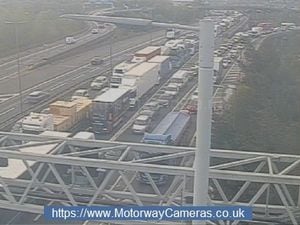Midlands Ebola worker: I want a hug when I'm home
Gerard Kelly knows the first thing he wants when he gets home after a month in Sierra Leone treating ebola patients.
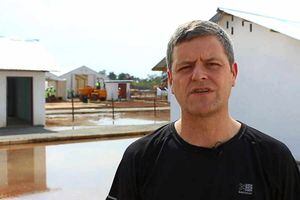
"I am desperate for a hug – even though it sounds soft," says the 41-year-old West Midlands Ambulance Service paramedic.
"We are obviously not allowed any human contact – not even between the medical staff. Emotionally it is straining and it is amazing how having no physical contact affects that – so a hug is the first thing I need when I get back."
Mr Kelly – known as Ged – has been in the Port Loko region since mid-November since volunteering as part of the British effort to tackle the lethal disease.
He is based in one of the worst affected areas on the African continent.
Together with a team of NHS workers and foreign health professionals has helped prepare for opening the British-built and British-funded ebola treatment centre 45 miles east of the capital Freetown.
The treatment centre, managed by Irish non-governmental organisation Goal, opened for patients on December 14.
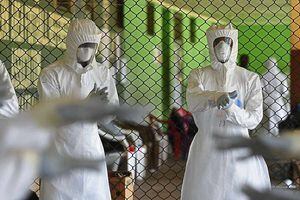
Mr Kelly, who is based in Lichfield and Tamworth with West Midlands Ambulance Service, decided to volunteer in the ebola-hit country – spending Christmas Day working a gruelling six-hour shift in the blazing African heat. He admits his family – including wife Rachel – were reluctant about him heading to West Africa where the virus has killed more than 7,000 people.
"Obviously they had concerns and my wife was very worried but I have their full backing. I see it as my duty as a health professional to come out here and use my skills."
Mr Kelly, who has worked with the ambulance service for 11 years, is in the 'high risk' zone and must wear special protective clothing when dealing with patients.
The small army of volunteers are housed in converted miner's accommodation which was only half built. To start with they had just beds and a roof – but now they have some internet use. Day shift runs from 8am to 2pm and night shifts last for 12 hours because it is cooler.
"You have to take regular breaks during the day. When you have the protective suit on you are losing about a litre of fluid an hour. It is physically and emotionally tiring," said Mr Kelly. "Nothing can prepare you for coming out here. When you walk around the country, the people of Sierra Leone are the most happiest and friendly I have ever encountered but in the treatment centre you see people who are very ill, very weak – it is difficult to comprehend.
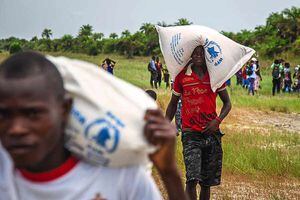
"I think it will be difficult for me to get back to normal life when I get back."
The deployment of NHS volunteers is one part of the UK's £230 million response to the ebola response in Sierra Leone.
The support includes running more than 700 treatment beds to help up to 8,800 patients over six months, shoring up the country's stretched public health services to help contain the disease.
Mr Kelly says the month-long experience has been 'life changing'. He heads back home to Leicestershire on Sunday.
Justine Greening, International Development Secretary, said: "During Christmas, hundreds of Brits have been carrying on the fight against ebola in Sierra Leone.
"These NHS heroes, like Gerard Kelly, spending this Christmas on the ebola treatment wards are an absolutely essential part of our efforts to contain, control and defeat this terrible disease. I'm sure I speak for the British public in offering them our thanks for the vital work they are doing this Christmas."

